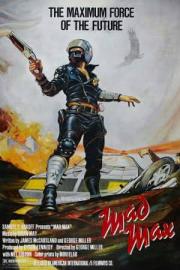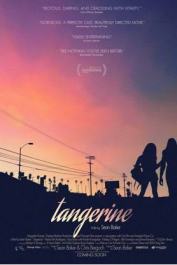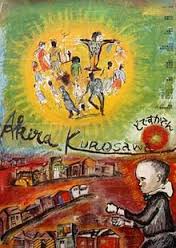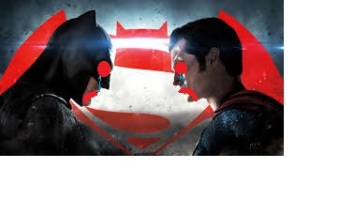Hello there. It’s been a long time since I last posted here, and in that last post, I said that this would be “weekly or bi-weekly”. Well, guess what. I lied. Right through my teeth. So from this point onward, consider these posts to be whenever I can be bothered. Ideally monthly, but setting myself an actual schedule seems optimistic. Also I’m no longer publishing my thoughts on every movie I see, because sometimes what I write is really bad. If you’d like to see my thoughts on every movie I’ve seen recently for some reason, presented in the form of an arbitrary star rating, feel free to check to check out my letterboxd account here: https://letterboxd.com/itstune/
Anyway, here are some rambles for you. Enjoy.
Mad Max (197 9)
9)
Lindsay Ellis at one point described this film as “an extended first act”, which I am going to co-opt here because I think it’s true. The style is very much the substance here, with the script itself being a pretty standard revenge flick. All the performances are campy as shit, and it’s rather hard to tell how seriously the film is to be taken, but despite that it’s generally pretty entertaining, though the preamble to the event that triggers Max going mad goes on waaaaaaay to long. Still, I have a lot of respect for it. It’s an ingenious bit of low budget film making, with the justly celebrated action scenes being the highlight of the generally pretty amazing style. Looking forward to checking out the sequels, which sound much more up my alley.

Tangerine (2015)
The ultra-low-budget-shot-on-some-iPhones-comedy-drama-hyphenate-heavy-romp through the seediest parts of LA. It’s decent. Mostly it revolves around two transgender women, one of whom has discovered that her boyfriend may have cheated on her while she was in prison, and thus, wreaks havoc. It’s not the most original concept for a movie, but it does work fairly well. Not all the jokes hit home, and though I admire how much the filmmakers managed to do with a couple of Iphones, I personally find the heavily colour corrected, hyperactive visual style to be rather unpleasant to look at (though maybe that’s the point). But despite those issues with it I still found the film rather interesting. All the performances are good, and it’s cast highlights a lot of different demographics that don’t get nearly enough media representation, as well as the trials and tribulations that they face. And, most admirably, it squeezes a not insubstantial amount of depth and complexity into all the major players into it’s rather short run-time. While I confess that it’s not really my thing, I’m glad it exists and I’m glad I saw it.
Dod es’ka-den (1970)
es’ka-den (1970)
Kurosawa’s first in colour is perplexing to say the least. It’s the collected stories of the inhabitants of a desolate slum. The movie is all over the place, in terms of tone, thematics, pacing, and quality. Some scenes in the film are legitimately great, such as the scene when the salaryman has his
colleagues over for drinks, or when an old man convinces someone to find meaning in their life, another moment between the Father and his children, and several scenes involving two drunks who have a tendency to swap wives from time to time. I even like the scenes with Roku-chan and his ‘trolley’, though I find it very hard to discern whether I’m supposed to find it tragic, funny, uplifting or all three. Other subplots are well executed, such as the one involving the abused niece or the ‘house-builders’, but devolve into such misery that it’s hard to say that I actually ‘enjoyed’ them. And some could have just been cut altogether; the one involving the estranged couple springs to mind. The only real uniting factor for the whole thing is that it’s absolutely gorgeous to look at. I’m pretty sure only Kurosawa could make a literal garbage heap look so interesting. Though he would achieve greater things with colour in Ran, this is still an incredibly impressive and utterly beautiful film just to look at. I especially love the stylized painted sky that we see in some of the night scenes. All the performances are good, and even when the whole thing devolves into misery porn, it’s hard to say that it leaves you unaffected. It’s by no means a masterpiece or even particuarly essential viewing, but if you are one who enjoys sprawling disjointed narratives full of beautiful colours, occasional heart warming humanism and a not insignificant amount of soul crushing bleakness, seek this one out.

